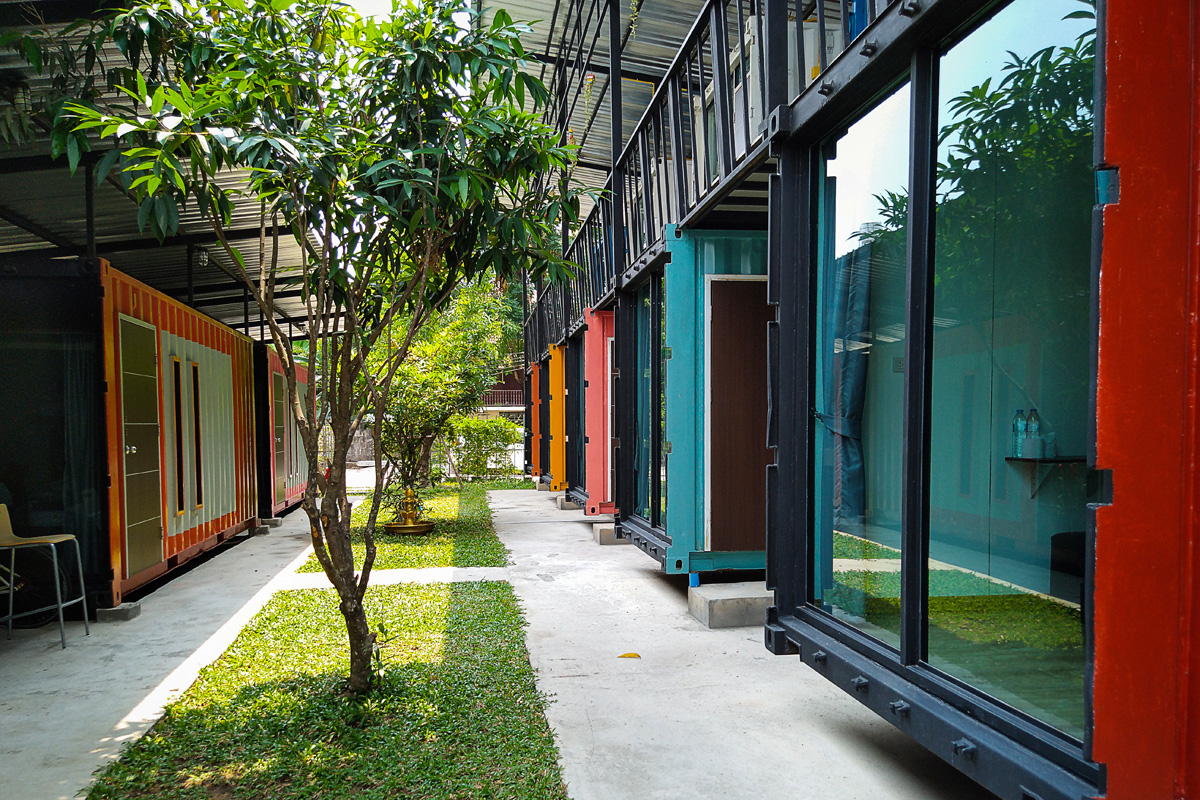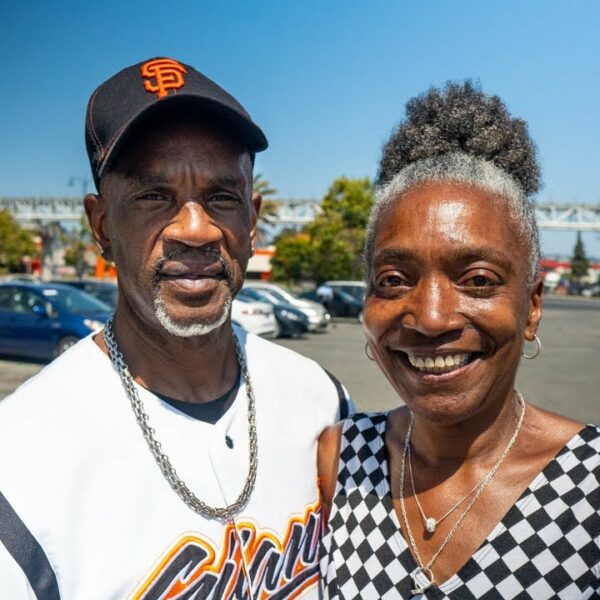While Pods Allow Homeless People to Social Distance in Their Own Space, the Long-Term Goal Must Be More Affordable Housing
Homeless people sleeping unprotected outdoors are often the victims of verbal and physical abuse. In busy cities with overcrowded shelter systems or locations with large numbers of people sleeping on the street or in other unsheltered situations such as parks, stationary vehicles, and derelict buildings, sleeping outdoors is often the only option. During the pandemic, rough sleepers are also avoiding teeming shelters to prevent contracting COVID-19.
In Pembrokeshire in the United Kingdom, homeless people may be given shelter in “pods”. The council awarded a contract to a specialist company known for transforming shipping containers into homes. Arguably, these pods are ideal temporary accommodations for homeless people looking for a safe place to stay.
What Are Homeless Shelter Pods?
ISO Spaces South West Limited received a government contract for the provisional construction of eight pre-constructed accommodation units, known as pods. Housing rough sleepers, each pod consists of two units of one-bedroom self-contained accommodations with a living room, kitchen, dining area, and separate bathroom.
The Cornwall-based brand specializes in making award-winning bespoke modular buildings fashioned from recycled shipping containers. So far, ISO Spaces has developed emergency housing pods for local authorities in Cardiff, London and Cornwall.
Retail and commercial units have also been distributed by the company nationwide. All units are permanently-portable and fit UK building regulations.
In Pembrokeshire, the pods are designed so they can be transported to other sites if necessary. A Pembrokeshire County Council spokesman said the location of the site had not been finalized. However, land chosen as potential sites for new council housing developments would be used. When the building begins, the pods can be transported to another location.
The intention is to have the pods built and in place before the end of March 2021. While the number of rough sleepers in Pembrokeshire is low, many people are homeless and sofa surfing at friends and family’s homes. The sleeping pods can offer strong potential to ensure people feel safer and more integrated into the community.
ISO Spaces is known to be the most competitive provider in the Welsh Procurement Alliance framework agreement. Reportedly, the company can carry out the works within tight timeframes that apply to the Welsh Government funding grant. According to the company’s website, containers can be built as one, two, or three-bedroom units with bathroom and kitchen facilities.
What Are the Benefits of Homeless Shelter Pods and Other Temporary Accommodations?
Milford Haven Councilor Stephen Joseph praised the pods and other temporary accommodations for housing rough sleepers, especially those involved in a constant cycle of sofa surfing. Temporary accommodations provide respite between living on the streets and moving into long-term, permanent housing.
Then there is the cost of temporary accommodations like shelter pods, which are much cheaper than building a flat.
Most importantly, temporary accommodations like shelter pods and tiny homes give rough sleepers a safe place to stay to call their own. This often comes after extended periods of living in shelters or sleeping on the cold city streets.
While the streets and shelters are not always safe, shelter pods provide a space for people to retreat and lock the door behind them before they go to sleep. This can empower the people living in temporary accommodations after long periods spent living in fear or with one eye open.
How Can Homeless Pods Protect Against COVID-19?
Homeless pods are particularly useful for rough sleepers during the pandemic – think social distancing and quarantining.
Former Stoke City manager Lou Macari established a new homeless shelter to help vulnerable people during the pandemic.
Lou had previously built a traditional homeless shelter with Stoke-on-Trent City council. But, the dormitory-style service had to close due to the risk of COVID-19 infection. Lou’s new project is based in a 22,500 square foot former warehouse and consists of 25 individual accommodation pods.
While these pods are less spacious than the ISO Spaces pods, they offer a safe place to sleep and allow for social distancing. They also provide access to shower rooms and a kitchen.
While self-contained accommodation like homeless pods offered plenty of benefits before the spread of COVID-19, today, their expansion is more relevant than ever in keeping vulnerable homeless people safe.
What’s Next?
There is a general shortage of housing in the United Kingdom, especially for single people. Even when accommodation is available, the increasing rent prices make them out of reach for many homeless people.
It is incredibly challenging for someone living on the streets to get back into accommodation. But, for vulnerable rough sleepers, these temporary pods may be ideal. However, the pods must remain as a temporary solution rather than a permanent one.
Crisis, the United Kingdom’s national charity for homelessness, said:
“As a nation we don’t want to see a race to the bottom in the race to tackle homelessness. It’s important to focus on improving the availability of temporary accommodation and that we don’t lose sight of creating more permanent homes that those on lower incomes can afford. We want leadership from the government to focus on increasing genuinely affordable homes at social rent levels, and something the government could immediately do is make sure housing benefit covers the cost of the private sector, which is inaccessible.”
While shelter pods and micro-homes may be cozy and safe for rough sleepers, more support is necessary. As pods, micro homes, and tiny houses are different from standard accommodations and often placed outside of city centers, it’s easy for residents to feel excluded and cut off from society.
While many charities welcome the innovation of temporary accommodations to help house some of the country’s homeless, the bottom line is more homes must be built.
It is excellent that people look for temporary ways to tackle the housing shortage. However, there is a risk that some types of innovative accommodations, like shelter pods, compromise space standards.
The government must focus on creating genuinely affordable homes. This will help reduce the number of vulnerable homeless people living on the streets and in temporary housing.













